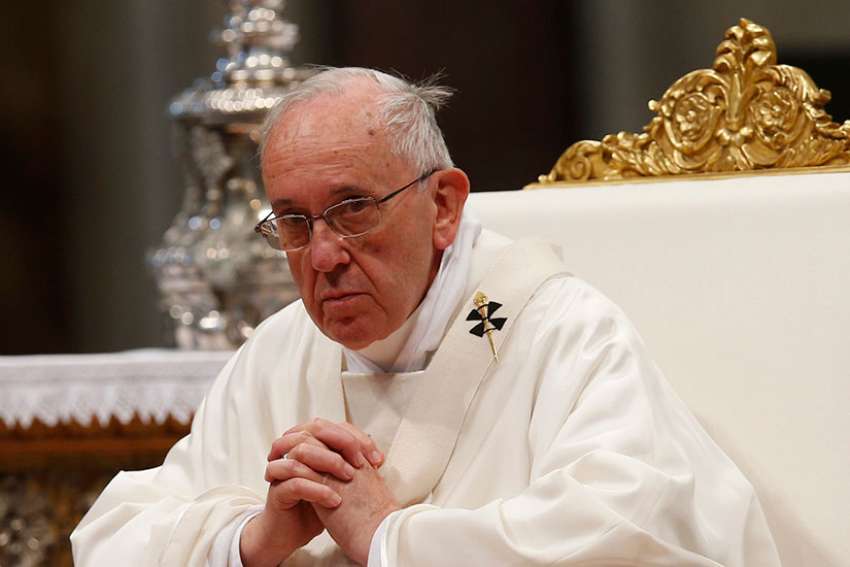It is "what the Pope calls a 'healthy decentralization,'" said Greg Burke, director of the Vatican press office.
Briefing journalists on the council's June 12-14 meeting, Burke said the cardinals and Pope looked specifically at the possibility of allowing bishops to determine whether a permanent deacon who is widowed can remarry or whether a permanent deacon who is unmarried or widowed can be ordained to the priesthood without having to "wait for a decision to be made in Rome" as is the current rule.
Such decisions regarding permanent deacons now are handled at the Vatican Congregation for Clergy, but could pass to the local bishops' conference, Burke told journalists June 14.
The council of cardinals advising the Pope on church governance also discussed proposals to broaden the participation of laypeople and members of religious orders in the selection of new bishops.
"It is something that already exists, but they want to do it in a more systematic, more extensive way," Burke said.
As Pope Francis and his international body of cardinal advisers continues looking at a reorganization of the Roman Curia, the June meeting also included a discussion of the proposed new descriptions of the work of the offices dealing with the evangelization of peoples, Eastern churches, interreligious dialogue and legislative texts.
The Council of Cardinals will meet again Sept. 11-13. Its members are: Cardinals Pietro Parolin, Vatican secretary of state; Oscar Rodriguez Maradiaga of Tegucigalpa, Honduras; Sean P. O'Malley of Boston; Francisco Javier Errazuriz Ossa, retired archbishop of Santiago, Chile; Oswald Gracias of Mumbai, India; Reinhard Marx of Munich and Freising, Germany; Laurent Monsengwo Pasinya of Kinshasa, Congo; George Pell, head of the Secretariat of the Economy; and Giuseppe Bertello, president of the commission governing Vatican City State.
Due to undergoing minor surgery on his foot, Cardinal O'Malley was unable to attend the June meeting.


